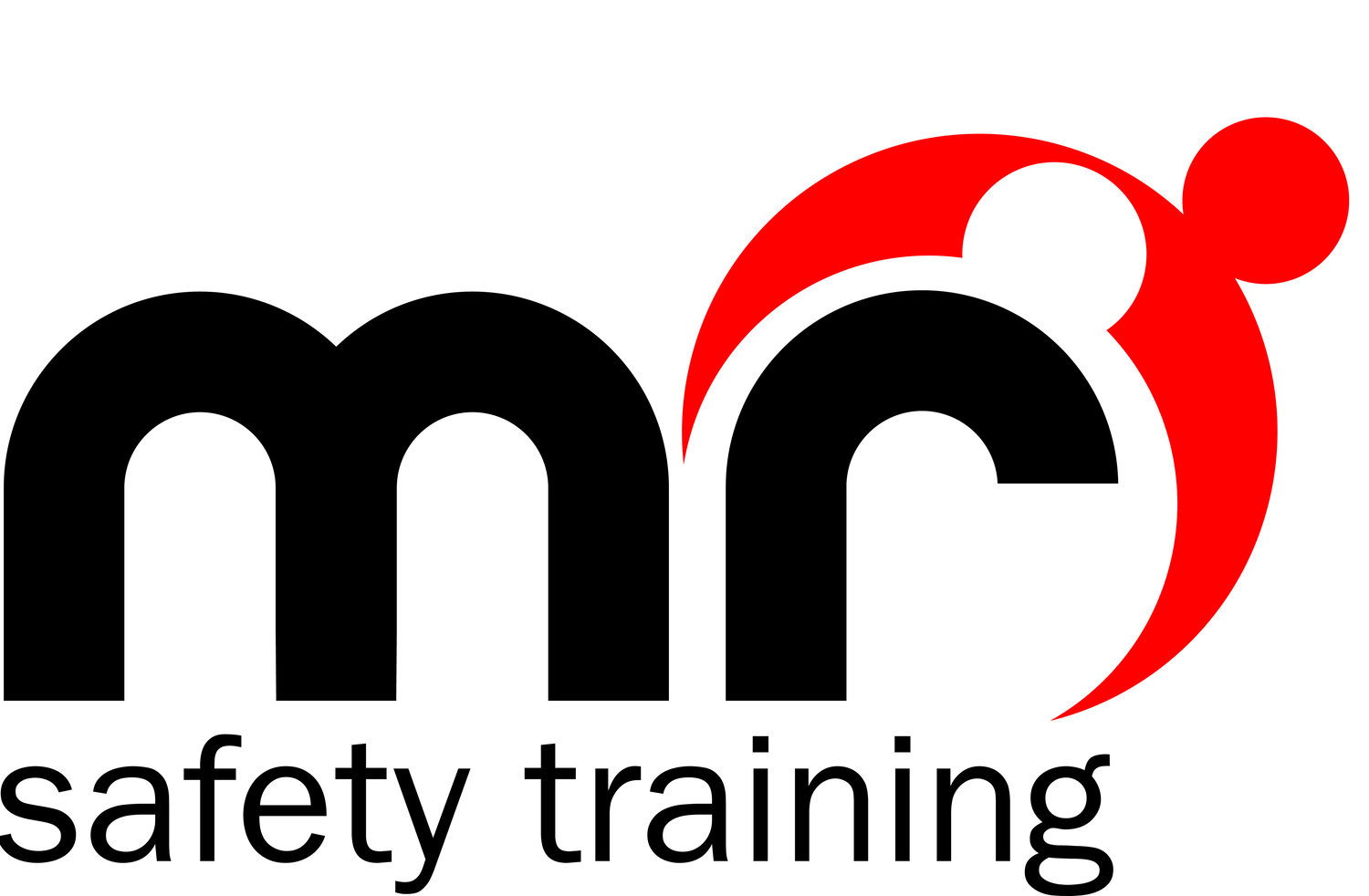Winter Essentials
At Home:
Even though we feel safe at home, should the bad weather hits and you need to be evacuated, it's worth getting a few essentials together:
- A list of emergency contact numbers
- A battery operated torch and some spare batteries
- A battery operated / wind up radio
- Essential medication, toiletries, and a first aid kit
- 3 days supply of bottled water, and ready to eat food that won't spoil
- Copies of important documents such as passport, birth certificate, insurance policies
- A pencil, paper, penknife and whistle
- Spare keys to your home and car
- Spare glasses or contact lenses
- If needed, baby and pet supplies
Going Out:
When you're out and about, if you get caught in bad weather, you may not be able to get home, so make sure you take out with you:
- Suitable clothes
- Ready to eat food and a warm drink
- Mobile phone and charger
- Any essential medication
- Spare glasses or contact lenses
- Cash and a credit card
- A list of emergency contact numbers. Store this list of your phone as ICE contacts (In Case of Emergency)
- If needed, baby and pet supplies
In the Car:
If you go out in the car, you may not be able to get back home in bad weather, or you could break down, so make sure you keep in your car:
- An ice scraper and de-icer
- A snow shovel
- Map for unplanned diversions
- A blanket and warm clothes
- A battery operated torch and spare batteries
- A battery operated radio and spare batteries
- A set of jump leads
- A bit of spare carpet - if you get stuck in the snow or ice, you can put this under your wheels to act as grip
Driving in the snow:
The Highway code stipulates that when driving in adverse weather conditions, you must, by law, be able to see out of every glass panel in your vehicle.
It is not illegal to drive with snow on your roof, however if it falls off and impairs your vision, you could be prosecuted for "using a motor vehicle in a dangerous condition", so please clear your roof before you set off.
It is also a legal requirement that all lights and number plates are clearly visible too. So whilst clearing your lights, please take a moment to make sure they are in working order before you set off.
Also make sure your mirrors are clear and demisted - don't be tempted to drive off before your vision is 100% clear.
If you don't follow these simple rules, you could leave yourself open to a £60 fine, and 3 penalty points on your licence.
Before going out:
Before going out, think carefully about whether your trip is essential, or could you wait until the weather improves?. Before travelling, you should:
- Check weather reports, the local news, and travel reports
- Prepare a kit of essential items
- Tell someone where you're going, and what time you are due to return
- Think about other ways of getting to and from your destination
- Charge your mobile phone
- Make sure your workplace has a severe weather plan and a list of emergency contacts
In your community:
There are always others who are less fortunate and less able than yourself. If you are able to, without putting yourself at risk:
- Check on your neighbours, family and friends, especially those who live on their own
- Clear snow or ice from the pathways of those who can't do it themselves
- Learn First Aid
- If you have care responsibilities, think about who could help care for them if you could not get to them
Sources: British Red Cross and the RAC

